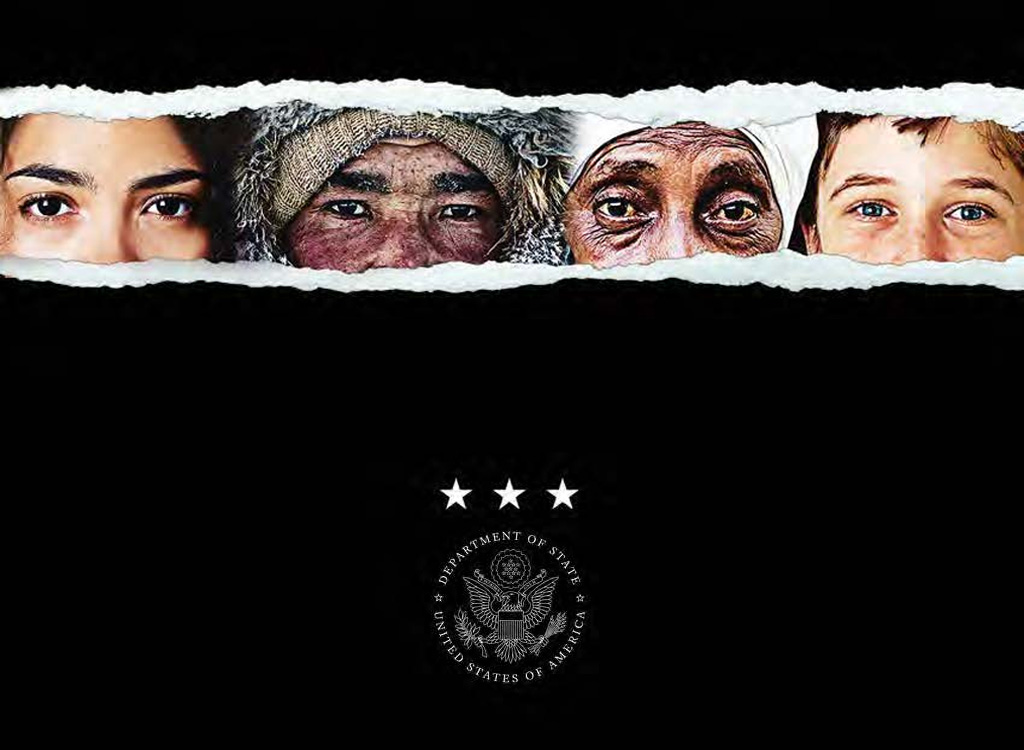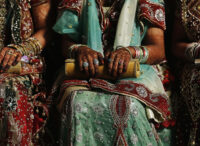Sri Lanka has been placed on the Tier 2 Watch List in the 2025 Trafficking in Persons (TIP) Report released by the US Department of State, which praised certain government efforts while warning that the country still falls short of minimum international standards to eliminate human trafficking.
The report recorded a marked increase in victim identification in 2024, with Sri Lankan authorities identifying 168 victims — up from 95 the previous year — including 102 men, 59 women, and seven children. Despite this progress, significant concerns remain over systemic gaps in victim protection, law enforcement, and official complicity.
One of the report’s most alarming findings was the fraudulent recruitment of 463 Sri Lankans to fight in Russia’s war against Ukraine. Of these, 109 have been repatriated, while over 1,000 nationals are believed to remain stranded abroad. The Sri Lankan Government also coordinated with Pakistani authorities to repatriate seven additional victims.
Most trafficking cases involving Sri Lankans occur outside the country, particularly among migrant workers in the Middle East, Asia, Europe, and the United States. Labour exploitation remains rampant in construction, garment, and domestic sectors, exacerbated by the country’s economic challenges. Women, children, older people, and ethnic minorities are especially at risk.
Domestically, trafficking has evolved with the rise of online scams. Sri Lankans — including foreign workers from India and Southeast Asia — have been trafficked through fraudulent job offers and social media networks, often lured into exploitative operations across Southeast Asia. Internally, men, women, and children continue to face forced labour and sex trafficking, including in coastal and agricultural regions.
The report also highlighted the disproportionate impact on women and girls. Thousands of female migrant workers reported experiencing forced labour and sexual exploitation abroad, while others were trafficked at home under the pretext of employment in spas, hospitality, and domestic work. Widows of military personnel were reportedly coerced into commercial sex to access state benefits.
Children from Tamil plantation communities and ethnic minorities such as the Malaiyaha Tamils remain particularly vulnerable, often exploited in hazardous labour and sexually abused in tourism hotspots. Language barriers further hinder their access to justice and protection services.
Furthermore, the overall number of convictions has declined, and frontline agencies — including labour inspectors — continue to lack the training and resources needed to identify victims effectively. Only a small proportion of victims are referred to support services, leaving many without protection.
The 2025 TIP Report urges the Sri Lankan Government to accelerate its anti-trafficking efforts by increasing investigations and prosecutions, holding complicit officials accountable, enhancing frontline training, and ensuring that all victims receive timely and comprehensive care.











Leave a comment